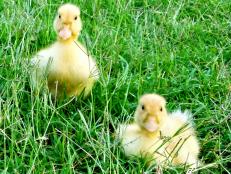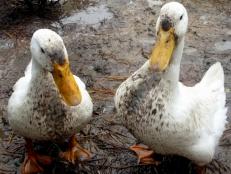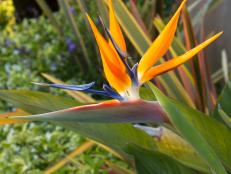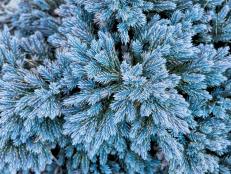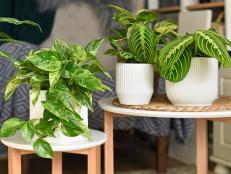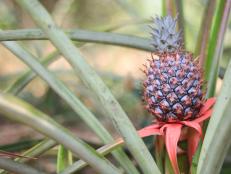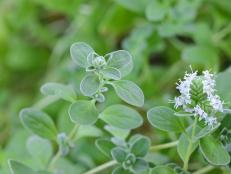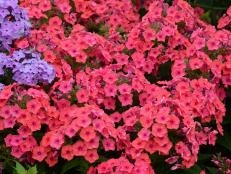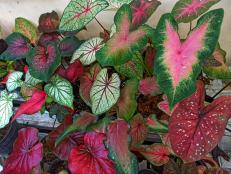Plants Toxic to Backyard Ducks

Photo by Lisa Steele
Part of the joy of raising backyard ducks is watching them roam around your yard exploring, happily searching for bugs and nibbling on grass, weeds and plants. But your backyard can pose significant dangers to your ducks if you’re not careful.
Generally animals know which plants are toxic and instinctively stay away from them. Harmful plants usually taste bitter so after young ducks take one taste, they learn which ones to avoid. Common shrubs and bushes you may have in your yard that can be toxic include azalea, bleeding heart, boxwood, castor bean, clematis, honeysuckle, ivy, larkspur, mountain laurel, nightshade, oak trees, oleander, pokeweed, rhododendron, wisteria and yew.
There are many edible flowers, but also some toxic ones including buttercup, daffodill, iris, lilies, lily of the valley, lupine, poppies, sweet peas and tulips. Most weeds and herbs are safe for your ducks to eat, but milkweed, pennyroyal and vetch can all be toxic.
(Note: These lists are not all-inclusive and you should consult one of the more extensive lists in the references below if you have any concerns about what is growing in your yard.)
Chances are that if your ducks can find adequate weeds and grass to eat, they won’t bother any potentially dangerous plants, so I wouldn’t recommend cutting down the oak trees along the front of your property or ripping out your boxwood hedge, but if you are putting in new landscaping, it’s prudent to choose safe options.
In your vegetable garden, rhubarb, white potato plants, eggplant and tomato stems and leaves are part of the nightshade family and all contain toxins. Onions in large amounts can also be toxic. You should refrain from using slug pellets, pesticides, or other chemical applications in your garden. Your ducks will help with slug control and will eat many of the bad garden bugs for you. Of course you will most likely want to fence your garden in so your ducks don’t eat everything and leave you nothing.
In addition to toxic plants, there are other things to worry about in the typical backyard environment. Many urbanites treat their lawns and gardens with fertilizers, pesticides or herbicides which can be harmful to ducks, as can rat poison and mole bait. If you keep ducks and let them free range in your yard, you should avoid treating the grass. Your ducks will help you control the weeds, and will delight upon finding dandelion greens, chickweed and other duck delicacies (aka weeds).
Rock salt and ice melt products as well as antifreeze and motor oil can also be problematic if your ducks ingest these substances, so refrain from using them in areas your ducks can access.
Pools of standing water (in birdbaths, old tires, basins or even puddles) can breed botulism-causing bacteria or blue-green algae, both of which are often fatal to ducks, so you should remove any sources of stagnant water from the area.
Also be aware that ducks are susceptible to lead, zinc and copper poisoning. Be sure your yard is free of washers, nails, screws, metal scraps and the like which the ducks could step on and injure their feet or accidentally ingest.
Ducks don’t generally watch where they are walking and often trip over items on the ground. Any sharp stones, pieces of metal, fencing or glass, sharp pinecones, boards or branches should be removed from your yard to prevent cuts and foot injuries.
Once you make your yard "duck safe," your flock will certainly enjoy exploring and enjoying some fresh air, sunlight and good eating.






